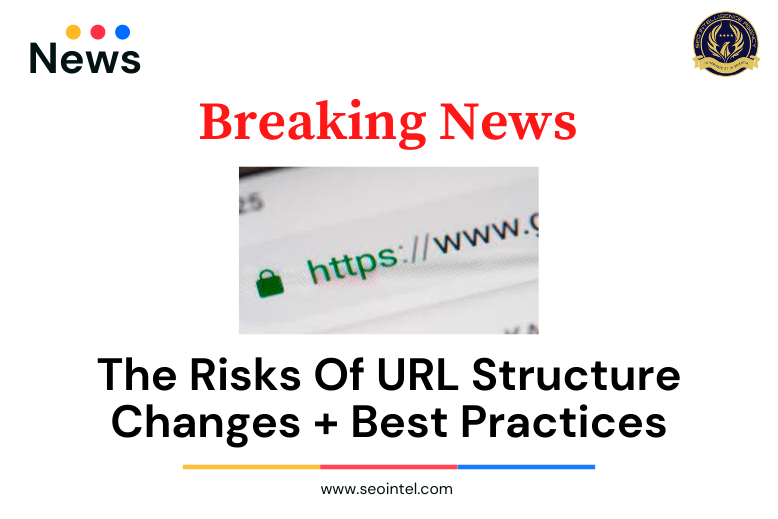
In the latest episode of AskGoogleBot, the main topic was about restructuring the URLs on a site. Rody Stolwijk asked if there are any risks in restructuring the URLs on their site.
John Mueller answered that unfortunately, while a URL change may just sound like a small change within a website, it is not that simple when it comes to search engines.
This is because search engines, in particular Google, store their index on a per-page basis.
This means that if you change the address or the URL of a page, that page’s data has to be forwarded somehow. If not, the data gets lost.
Doing a complete rebuild of the website, just removing a slash from the end of the URLs, or changing from non-secure http to secure https protocol, these are all considered site moves. However minor or big the change may be, they are all site moves.
Mueller has provided some basic recommendations when making site moves. These are:
Making changes to your URLs can take time for search engines and can have ranking effects. This means that you should consider the timing of making your URL changes – go for making the change during off-peak season or down time season for your particular industry, market, site.
You should be able to see quick changes for most of your important pages. However, for other pages, it might be slower as the system reprocesses them.
It can take several months for search to complete going through and taking note of the changes. The redirects you have set from your old URLs to your new URLs should stay in place for at least a year, to make sure that the changes have been noted by Google.
If you are going to make some URL changes, Google has an extensive documentation on it that can help you understand it more here.
You can also watch the AskGoogleBot episode here: